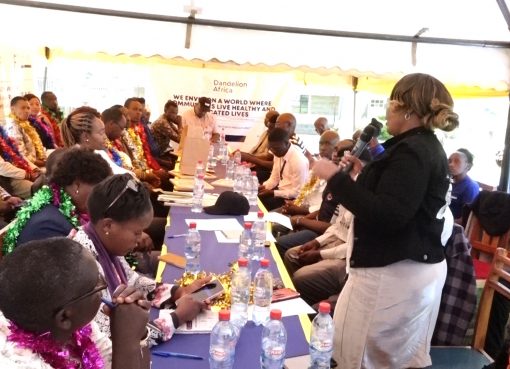Over 83 per cent of Kenyan couples have indicated that being in a relationship has had a positive impact on their financial positions.
This is according to the survey done by pension administrator Enwealth Financial Services in partnership with Strathmore University and the Institute of Human Resource Management (IHRM) dubbed ‘The saving and investment behavior among Kenyans’.
Speaking during the event at a Nairobi hotel, Chief Executive Officer (CEO) Enwealth, Simon Wafubwa said that even though 60 per cent of the respondents have adequate knowledge to make investment decisions and constantly consume financial knowledge material, the report revealed that only 12 per cent have an entrenched saving culture putting aside only 6 per cent to 15 per cent of their monthly income.
“The survey shows that most common saving channels are Savings and Credit Co-operative Societies (SACCOs) and pension schemes with an aim of getting big ticket purchases such as cars and other big projects,” said Wafubwa.
The research, according to the CEO, further shows that 96 per cent of the couples would be interested in taking joint financial advisory and planning sessions together.
He added that the findings come after the recent concern over the increasing rate of single parenthood in the country which indicates a strain on finances for single parents.
“83 per cent of those who do not save, attribute it to recurring expenses and inadequate disposable income while 84 per cent of the working population regularly send money to their extended family for daily expenses,” he emphasized.
Wafubwa noted that Enwealth shall be rolling out innovative technology driven financial products that are based on individual behavioral attributes and age based financial priorities.
Strathmore University Lecturer, Naomi Mwangi said that education institutions should introduce mandatory financial management courses in the curriculum.
“This is the only way to realise financial literacy among the population as soon as they get their first paycheck,” said Mwangi.
She added that there is need to teach youth about detrimental behaviors such as quick loans, budgeting and more in order to avoid challenges in actualizing the saving behavior.
Mwangi emphasized that during marriage counselling sessions, financial management should be given a priority.
The research report has further recommended to the government policy agencies for enhanced higher tax reliefs, especially to the informal sector as an incentive to boost the saving culture.
By Mwereza K Sorotina





